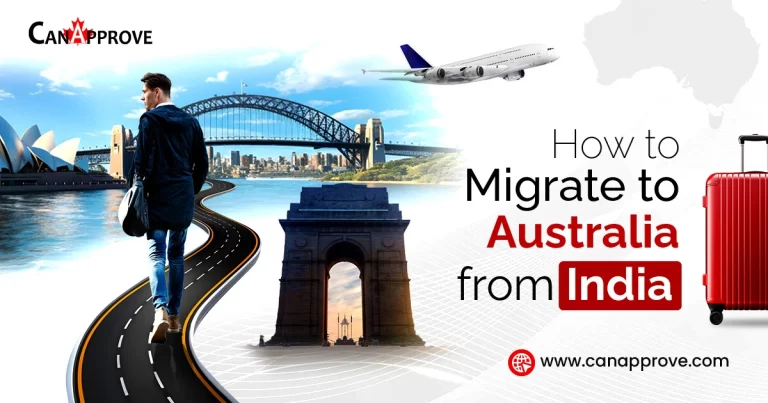Demand for Indian Pharmacists in Australia

By Vignesh GDeveloperSeptember 20, 2024 | 9 min readThe map of healthcare is changing globally and the prospects of practicing in Australia look quite bright for skilled pharmacists. The health system in Australia being strong, the quality of life that…



